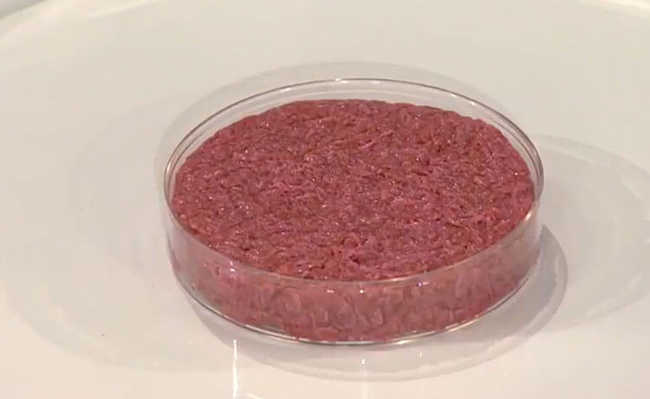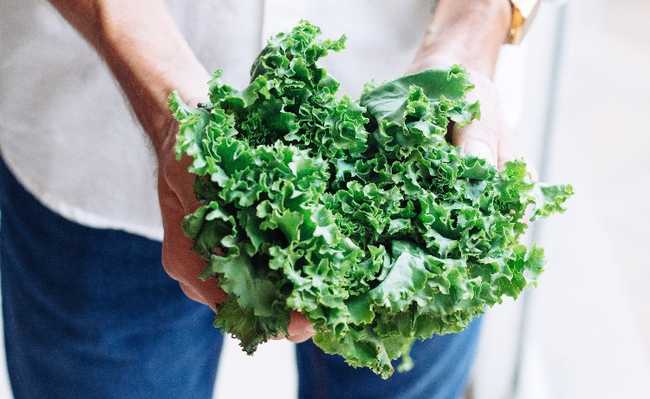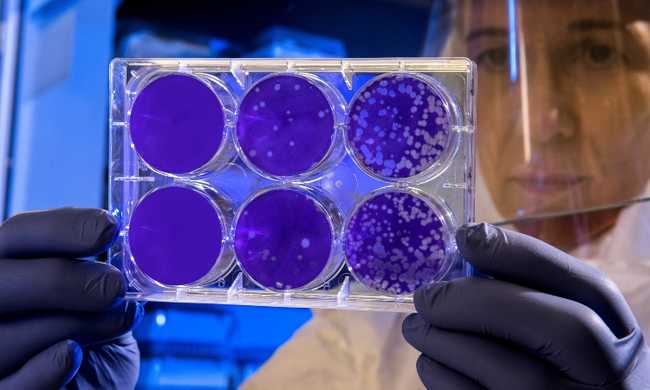Artificial meat: towards sustainable eating
Meat grown in the laboratory avoids animal slaughter and reduces greenhouse gas emissions

Image: World Economic Forum, First cultured hamburger unbaked, CC BY 3.0
Artificial meat, or laboratory meat, is a novelty that is getting closer to reaching the markets. The cultivated proteins in vitro are in the sights of investments by several companies and have come a long way since Dutch researcher Mark Post introduced the world's first hamburger made with artificial meat, in 2013. The experiment, financed by Sergey Brin, co-founder of Google, was the result of 5 years of research and emerged from the reproduction of bovine stem cells, cultivated and fed with nutrients in the laboratory.
A professor of physiology at Maastricht University in the Netherlands, Post developed the technique of cultivating stem cells found in cow's nerves and skin, removed by small painless punctures from animals, so that they turn into fat and muscle tissue. The removed cells are placed in a culture rich in nutrients and chemical elements and multiply, initially producing small strips of muscle. Then the strips are joined, colored and mixed with fat, forming a piece of artificial meat. In all, the process takes about 21 days.
Understand better how artificial meat is made (video in English, but with automatic subtitles in Portuguese).
Post's first test resulted in very dry meat as it contained no fat. Gradually, the researcher refined his production, both in order to improve the taste and appearance of artificial meat and to lower its price. In 2013, Post's hamburger cost $325,000 and is currently estimated at $11. In 2015, the Dutch teamed up with Peter Verstrate to found the Meuse Meat, a company that has been working to launch artificial meat on the market at a price similar to that of conventional ground beef, a common goal of all its competitors.
The production of artificial meat could be a sustainable way to feed the world's growing population. The process uses very few animals and would drastically reduce greenhouse gas emissions from livestock, as well as preventing animal abuse and slaughter. The consumption of water needed for production is also much lower than in livestock. Furthermore, laboratory meat does not need hormones for its creation, which would avoid contamination and health problems, and the scientists' objective is to eliminate as much as possible the need to use animal elements in the production of artificial meat.
Post won major competitors, such as Memphis Meats, headquartered in San Francisco, United States. With support from names like Bill Gates, founder of Microsoft, Richard Branson, of the group virgin, and of the Cargill, a giant in the area of agriculture and food, the American company has already managed to simulate beef, pork, chicken and duck. They even used fetal tissue taken from the blood of unborn steers to start the process of culturing artificial meats, but now they claim to no longer use the fluid. The branch also has four other startups American: Hampton Creek, Beyound Meat, Clara Foods and SuperMeat.
Although no animals are slaughtered for the production of artificial meat, vegetarians claim that animal resources are still needed to manufacture the food. Meat admirers, on the other hand, see the product with some apprehension, especially due to the possible differences in flavor and texture between the artificial version and the real meat.
A study by researchers Matti Wilks and Clive Phillips of the University of Queensland School of Psychology in February 2017 looked at Americans' opinions on farmed beef. in vitro . 673 people answered an online questionnaire, in which they were given information about artificial meat and asked about their impressions of it. 65% of respondents said they were willing to try the novelty, but only a third thought they could use it regularly or to replace traditional meat.
The biggest challenge for producers is to match the prices of artificial meat to those of the meatpacking industry, as the environmental and sustainability benefits are many. If it can be affordable, artificial meat is a clean outlet for the food of the future.










